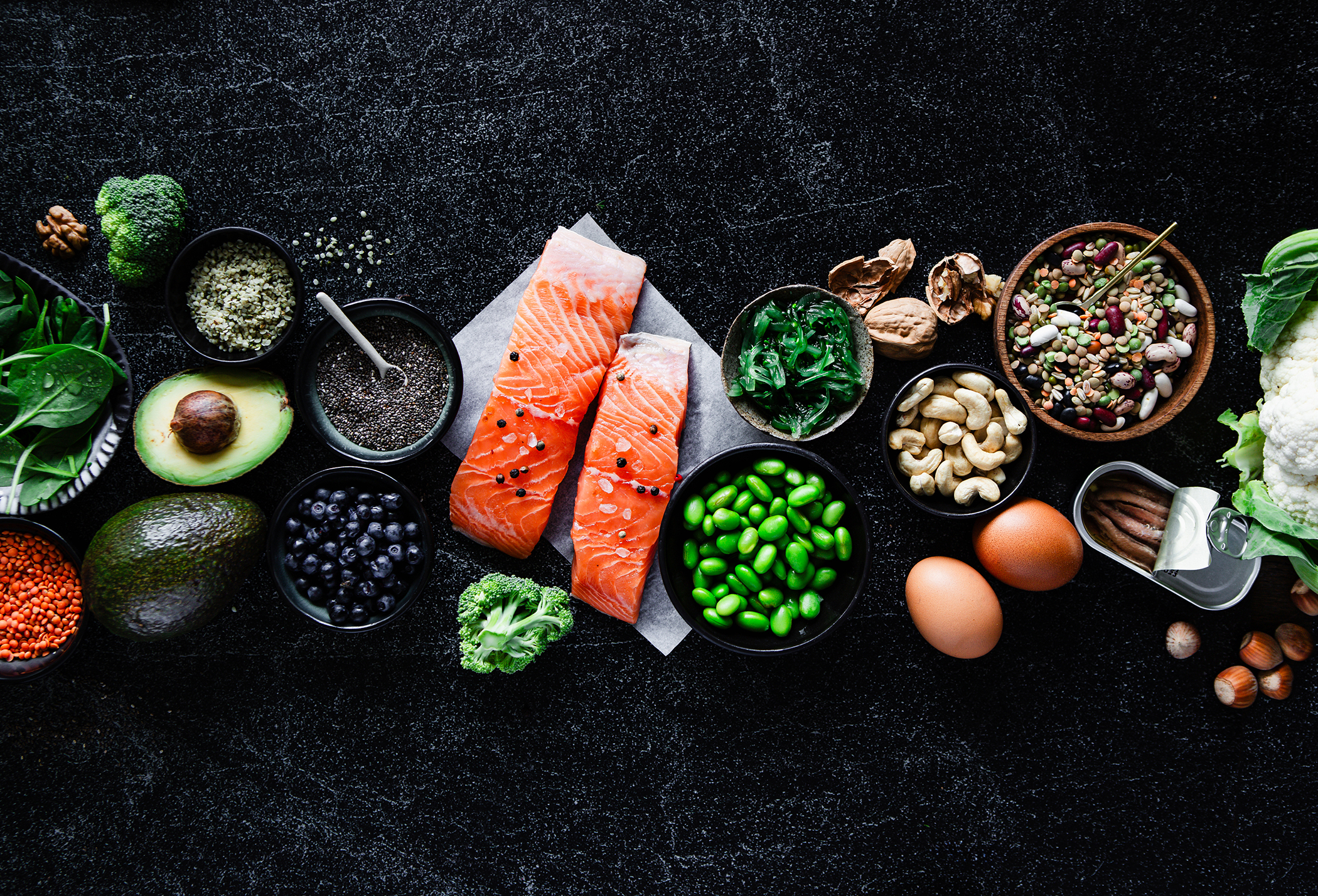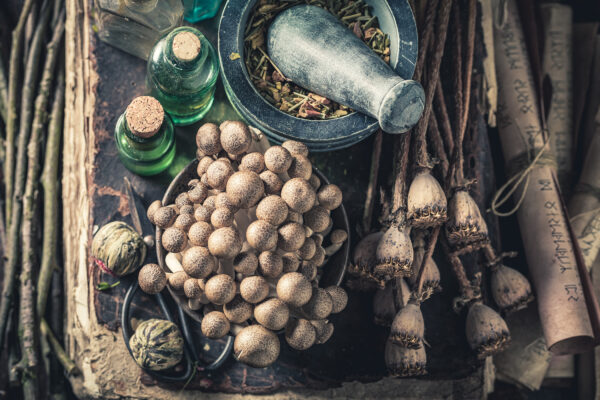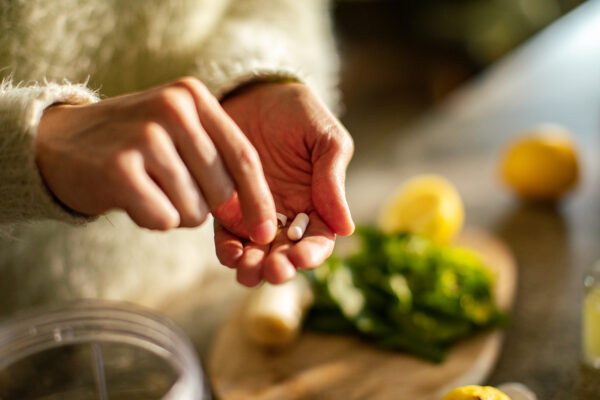Nutrition, Lifestyle, and Supplements for a Healthier You
By Jamie Bussin
Your liver is really an amazing organ. It is crucial to detoxification and many other body functions. And although it is regenerative in nature, we can make lifestyle choices to support its function. I discussed the function and support of the liver with Holistic Nutritionist Jass Stupak on Episode 350 of The Tonic Talk Show and Podcast. This is a digest of that conversation.
What does the liver do?
First and foremost, it is the main organ of detoxification. It converts both internal and external toxins so that they can be eliminated from the body. It filters your blood, removing toxins from the bloodstream and converting them so that they can be eliminated from the body.
It assists in the metabolic process. It removes nutrients from the blood it receives from the organs of digestion. Some of those nutrients are processed for return into the blood system and other nutrients such as fat soluble vitamins, and minerals like copper and iron are stored in the liver itself. The liver also produces bile, which helps to metabolize fat.
It both produces and breaks down proteins. A byproduct of breaking down amino acids (the building blocks of our bodies) is ammonia – which can be toxic to the body in large amounts. The liver converts ammonia to urea which gets expelled from the body through our urine.
It supports our immune system. It creates immune system factors that help fight infection and creates proteins responsible for blood clotting.
It helps keep the body energized by metabolizing fats that can be used for energy. It balances and creates energy by converting glycogen into glucose.
How can we support our liver function?
You’re probably already doing the most important thing, eating a healthy diet. Focus on eating foods that are rich in antioxidants (typically rich in pigment) such as beets, berries and sweet potatoes. Also make sure to eat high quality proteins such as beef, turkey, chicken or eggs, for amino acids. Antioxidants and amino acids help the liver regenerate. Drink plenty of clean (filtered) water for proper hydration. Try to incorporate herbs and spices such as cilantro, parsley, dill, turmeric, ginger and cayenne into your diet.
Leading an active lifestyle is also important. Movement of any kind is great. Something as simple as walking can stimulate the liver. But working up a sweat is optimal, as our skin is an organ of elimination/detoxification.
Of course avoiding ingesting external toxins is a great way to support liver function. The liver is crucial in metabolizing alcohol. Too much alcohol consumption stresses the liver. But so does inflammation caused by eating processed sugar. For many of us gluten, dairy products or seed oils can cause inflammation too.
What about supplementation?
The best known herbal supplement to support liver health is milk thistle, which can be taken on a daily basis. Suitable formats include powder or seed. Milk thistle tea is not recommended as the active ingredient is found in the husk, which isn’t broken down in the tea process. Note that the changes you may experience will be subtle rather than pronounced.
Another herbal supplement to consider is dandelion root. It can be taken daily as a tea. It has an earthy, bark flavour. You may notice improvement to your energy levels and digestion.
Turmeric has been shown to reduce inflammation in the liver associated with Non-Alcoholic Fatty Liver Disease. Lastly, supplements such as n-acetyl cysteine and glutathione are effective antioxidants and anti inflammatories.




